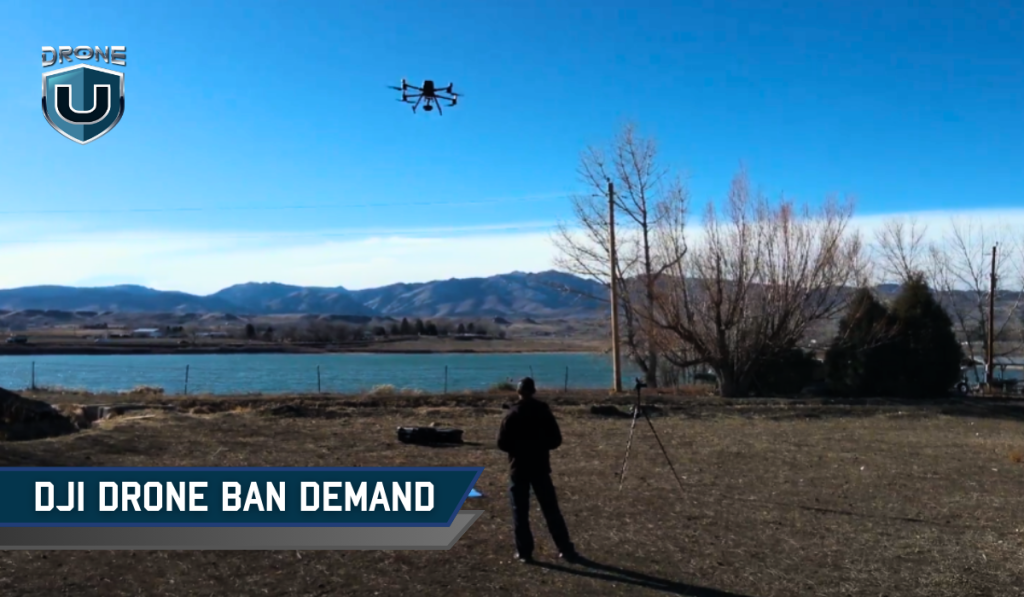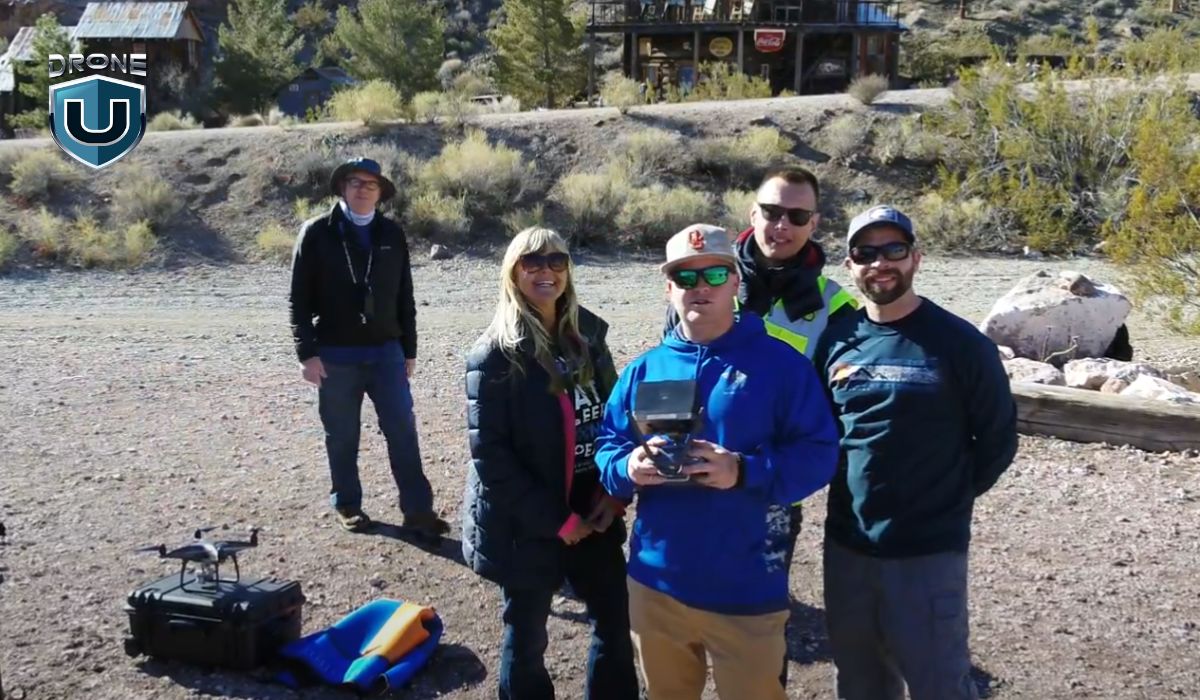
The Senate Armed Services Committee has presented its version of the National Defense Authorization Act (NDAA), notably excluding the House’s proposal to ban DJI drones.
This decision signals a more cautious approach amidst national security concerns, particularly regarding data security associated with DJI, a Chinese company.
House vs. Senate Versions
The House version of the NDAA includes amendments from the Countering CCP Drones Act, mandating the Federal Communications Commission (FCC) to add DJI to its “Covered List.” This would prevent the FCC from issuing new equipment authorizations for DJI products, potentially disrupting the vast usage of DJI drones in sectors such as agriculture, infrastructure, and public safety. However, the Senate version omits this demand, reflecting concerns about the practical implications of such a ban.
This difference in stances between the House and Senate reflects the complex issue of balancing national security with the growing commercial and industrial applications of drone technology.
Security Concerns: A Cause for Pause
Security concerns have cast a shadow over DJI drones. Cybersecurity vulnerabilities raise fears of hacking for spying or attacks on critical infrastructure. Data privacy is a major point of contention, with anxieties that information gathered by drones is transmitted to China, potentially compromising national security.
Additionally, the closed nature of DJI’s software and systems limits independent evaluation of these security risks.
The Future of DJI Drones in the US
The future of DJI drones in the US remains uncertain. The House and Senate will need to reconcile their differing versions of the NDAA. This process could result in several outcomes:
Complete Ban: The House language on the ban could be reintroduced into the final NDAA.
Restrictions: A compromise solution might be reached, imposing limitations on the use of DJI drones in certain government or sensitive areas.
No Ban: The Senate’s position could prevail, allowing DJI drones to continue operating in the US without restrictions.
What This Means for You
The outcome of the NDAA negotiations will significantly impact both recreational and professional drone users in the US. Here’s a breakdown of how the different scenarios might play out:
Complete Ban: If a complete ban is implemented, it would be difficult or illegal to buy or operate a DJI drone in the US. Existing DJI drone owners might be subject to restrictions on use.
Restrictions: In the case of restrictions, certain government agencies or critical infrastructure sites might be off-limits for DJI drone use. Additionally, mandatory cybersecurity measures or data storage requirements could be imposed.
No Ban: If no ban is implemented, the status quo will remain, and DJI drones can continue to be used freely in the US.
Conclusion
While the Senate’s decision provides temporary relief for DJI, the broader conversation about national security and foreign technology remains unresolved. Stakeholders across various sectors are closely monitoring developments, preparing for a range of possible outcomes.
Stay Informed
The drone industry is constantly evolving, and the regulatory landscape surrounding DJI drones is fluid. It’s important to stay informed about the latest developments.
Sign up for Drone U’s updates to receive summaries of important industry association newsletters, keeping you informed about policy changes.




Add Your Comment